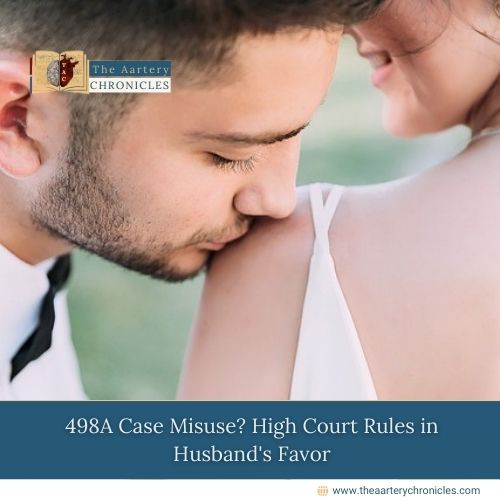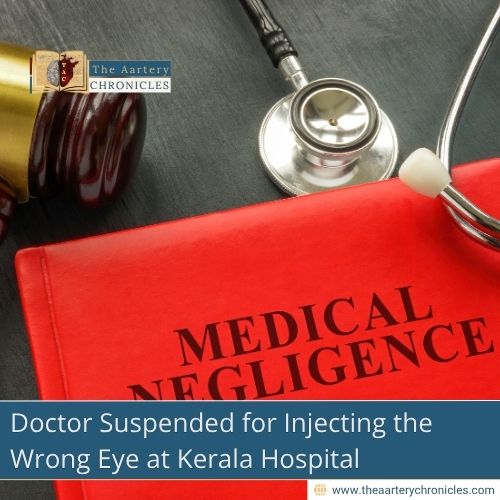

498A Case Misuse? High Court Rules in Husband's Favor
Imagine dedicating years of hard work to secure a government job through a competitive exam, only to be denied the position due to allegations of domestic violence. This is the real-life story of a man from Rajasthan who, after nearly a decade of waiting, finally won his legal battle for justice.
In 2013, the man passed a merit-based exam, securing rank 68, without any criminal charges against him. However, the state government delayed his recruitment process by almost 10 years. When the government finally issued him a call letter in 2022, the background verification revealed that his wife had filed a Section 498A case against him two years prior. The government used this information to deny him an appointment, citing a 2019 circular on character verification for government jobs.
Legal Fight Against Discrimination
The man challenged the government’s decision in the Rajasthan High Court, arguing that:
- The 498A case was still under trial and no verdict had been reached.
- The government relied solely on the circular without reviewing his individual case.
- Allegations from a failed marriage should not automatically disqualify him.
The court recognized these arguments and ordered a review of the decision, emphasizing that an under-trial individual should not be presumed guilty.
The Court's Observations
Justice Arun Monga criticized the government for its flawed reasoning, stating that the committee’s report failed to explain how the pending case affected the candidate’s ability to perform his duties. He further noted:
- Pending criminal trials do not imply guilt.
- A marriage breakdown does not make one party solely responsible.
- Denying a job based on unproven allegations violates constitutional rights under Articles 14 and 21, which guarantee equality and personal liberty.
Setting a Legal Precedent
The court referred to a landmark Supreme Court ruling in Avtar Singh vs Union of India, which held that pending criminal cases should not automatically disqualify candidates for government jobs. The High Court ordered the government to form an expert committee to reconsider the man’s case, but the government failed to do so adequately. This inaction led to further judicial intervention.
The Final Verdict
The High Court directed the government to:
- Send an appointment letter to the petitioner within 30 days.
- Ensure compliance with constitutional principles and established legal precedents.
- Obtain an undertaking from the petitioner that he would relinquish the position if convicted in the criminal trial.
The judgment reaffirmed the principle of “innocent until proven guilty” and underscored the need for fairness in public service appointments. Legal experts noted that this decision could serve as a reminder to prevent misuse of pending criminal cases as grounds for disqualification.
Conclusion
This case highlights the importance of judicial oversight in ensuring justice and equality. It serves as a beacon of hope for those wrongly accused, affirming that mere allegations cannot overshadow years of dedication and hard work. The Rajasthan High Court’s verdict emphasizes the need for fair treatment and the protection of constitutional rights, even in the face of personal and legal challenges.
Source: Inputs from various media Sources
I’m a pharmacist with a strong background in health sciences. I hold a BSc from Delhi University and a pharmacy degree from PDM University. I write articles and daily health news while interviewing doctors to bring you the latest insights. In my free time, you’ll find me at the gym or lost in a sci-fi novel.









